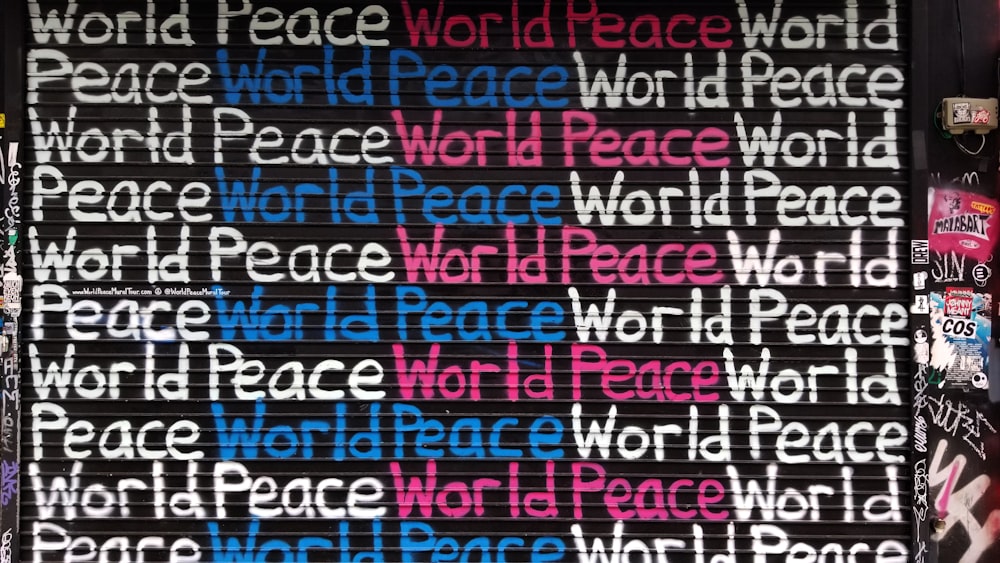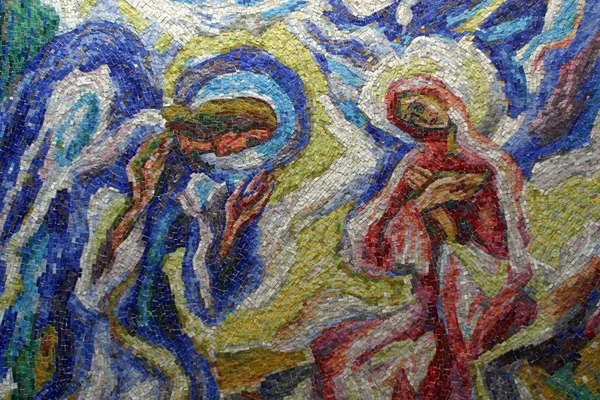The Catholic Times' Weekly column on Reconciliation on the peninsula reminds us of the King of peace and the times in which he was born.
The baby Jesus, came to the world as the Prince of Peace, born paradoxically in a land far from peace. The estimated year of Jesus' birth, 4 B.C., was the year Herod the Great died. The tyrant, even executed his wife and sons in order not to lose his power. After his death, the territory ruled by Herod was divided into three parts, and Judea was ruled by his son Archelaus.
No wonder the Jews, who had suffered oppression for so many years, had hoped for a new ruler. But the country seems to have become more unstable. Some scholars view 4 B.C. as the time when notable events occurred in the course of the catastrophe that led Israel to its final destruction in the year 70 AD.
The demands of the suppressed crowd led to the young king's ascension to power at the age of 19. People wanted to punish those who were favored by Herod and restore the legitimacy of the high priesthood. They also wanted to reduce taxes.
As Passover approached, when even the locals gathered in Jerusalem, Archelaus becomes concerned about an accidental riot. However, the 'active' intervention of the army, which was tasked with controlling the crowd as the king ordered, led to the tragedy of mass murder.
The Jewish historian Flavius Josephus described the situation thus: "However, under the influence of the teachers of the law, those who became agitators excited the people by creating a disturbance as they had planned. So they rushed at the soldiers and threw stones at them. Wounded soldiers fled, including the commander. But soon the people fell victim to the hands of the army. In the end, Archelaus thought that to stabilize the regime, he had no choice but to get rid of those who attempted the riot. So he sent his whole army against them. He sent horsemen outside the temple to prevent those in tents from helping those inside the temple and even killed those who thought they had escaped danger by fleeing from the foot soldiers. The cavalrymen killed 3,000. The rest went up into the nearby mountains."
The time surrounding the birth of Jesus and his life on this earth gives us some idea of the problems his movement of love even of enemies, the first such statement to be put so bluntly in history, had from the very beginning and continues even after two thousand years to be unwelcomed.
We celebrated Christmas Day. In a world where war and violence are endless, we eagerly await the fruits of a life lived according to the principles of the Prince of Peace in a land divided by fear and hatred for each other.






